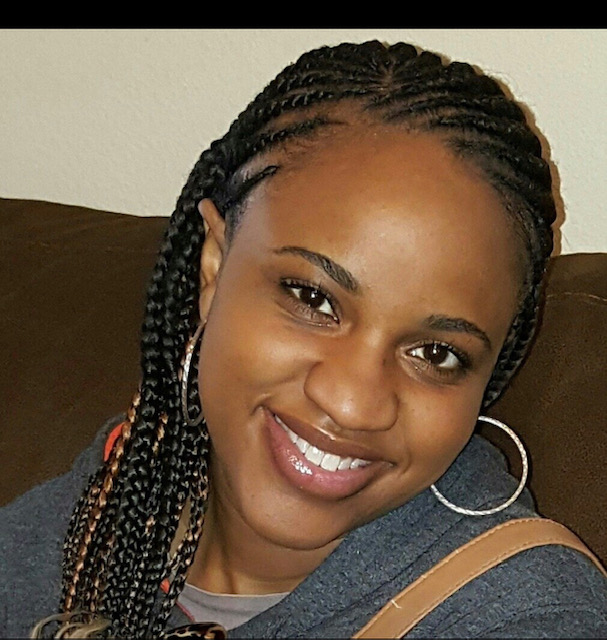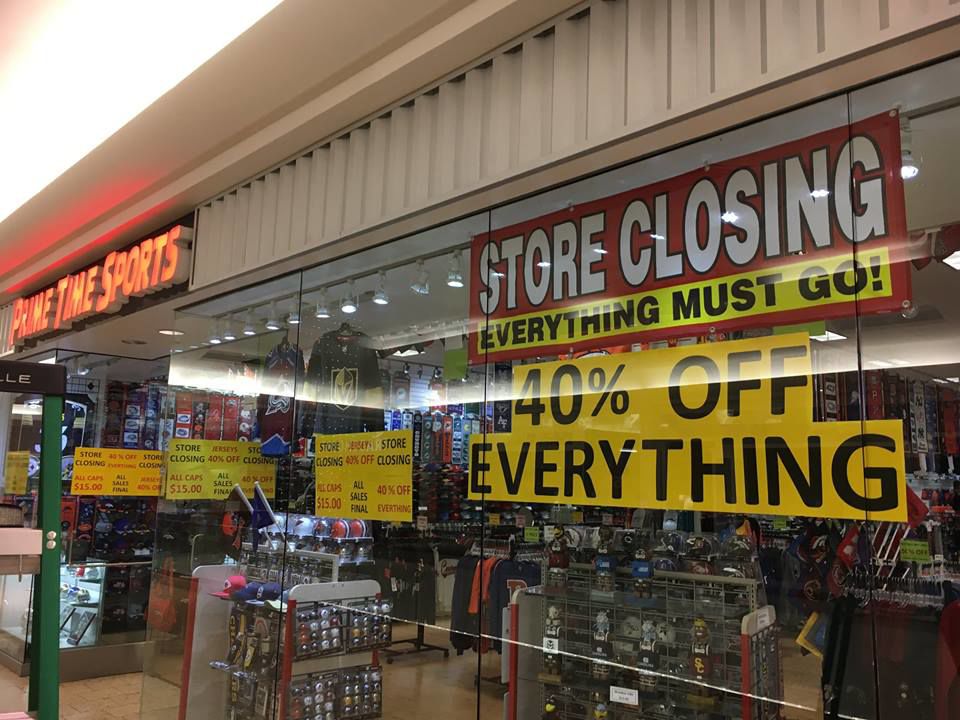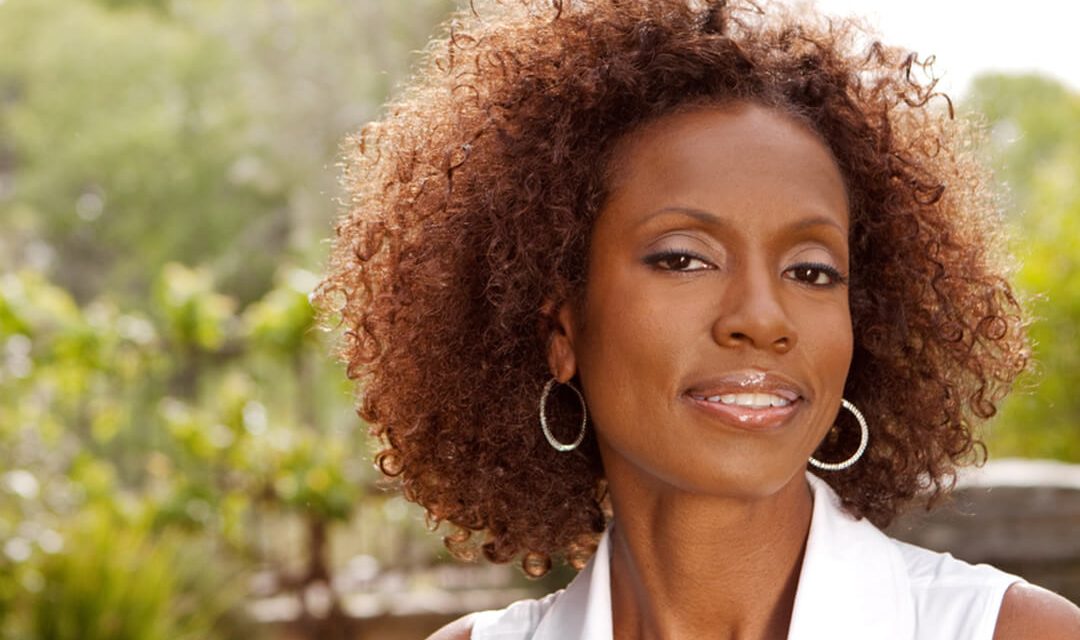
By Angela Jones

I remember being in a class at Oklahoma State University within my school counseling program when my professor was talking about the importance of the therapeutic relationship between the counselor and the client. She went on to convey that, if there is no trust between the client and the counselor, the process would fail. She further explained that some individuals must have a therapist of the same background in order for them to trust the counselor. I can say that I have seen this to be true within my own experience as a school counselor.
Within the Black community there is a stigma against counseling. Black men in particular are less likely to be willing to receive counseling. As to why this is true, one thought is that they will be perceived as weak if they go to a therapist. Another reason could be that many families do not want to expose their dysfunctions. People generally feel that problems within the family should be handled within the family and kept private. Yet another combatant against therapy is the church. While many churches offer counseling services, a number of them tend to discourage going to outside or “secular” counseling facilitates for help. Many churches believe that only God can heal and deliver people from their mental diseases.
I believe minorities have difficulty trusting members of the dominant race for a couple of reasons, the first being the impact that historical racism has had on the Black community. Although we have come a long way with race relations in our country, we still have a long way to go. African Americans are still being affected by institutionalized racism through economic disparities and unfair societal treatment. Another reason for distrust is stereotypes – many African Americans and other minorities live knowing some people in the dominant race think poorly of them due to stereotyping.
The most common race/ethnicity for counselors is White, according to Data USA. When the majority of counselors and therapists are White, you can expect that fewer Black and brown people will be reaching out for counseling services or seeking to become therapists themselves. We need more school and community counselors of color because diverse representation matters.
Young people need to see people that look like them in careers like counseling so they are inspired to pursue counseling careers themselves. In order for many students of color to be willing to seek counseling services, they must be able to trust the counselor. Some students will only be able to build a trusting therapeutic relationship with someone that looks like them and has a similar background or upbringing. Outside of race, the counseling field also has many fewer men than women – 73.3% of counselors are female. For young Black male students, seeing men of color in a positive light encouraging and supporting them throughout their academic and socioemotional lives is critically important.
So where do we go from here? How do we encourage our minority students to seek out counseling services and aspire to become counselors themselves? One solution is to do more outreach in high school. We need intentional programs and outreach for students of color to explore careers in counseling. Partnerships with local colleges and universities that offer these programs are great ways for schools to encourage students of color to look into these fields. But most important, students need to see people of their own race and ethnicity working as counselors. When students are able to form trusting relationships with their school counselor or therapist, a host of benefits will result including better grades, positive peer and family relationships and better coping skills. And then, perhaps they would want to have the same impact on future generations of students by encouraging them to serve in school counseling roles. Once this happens, you will begin to see a positive domino effect, one where a diverse school counseling program can thrive and foster the academic and socio-emotional needs of all students.
Angela Jones is a school counselor at Booker T. Washington High School in Tulsa. Contact her at jonesan5@tulsaschools.org.









